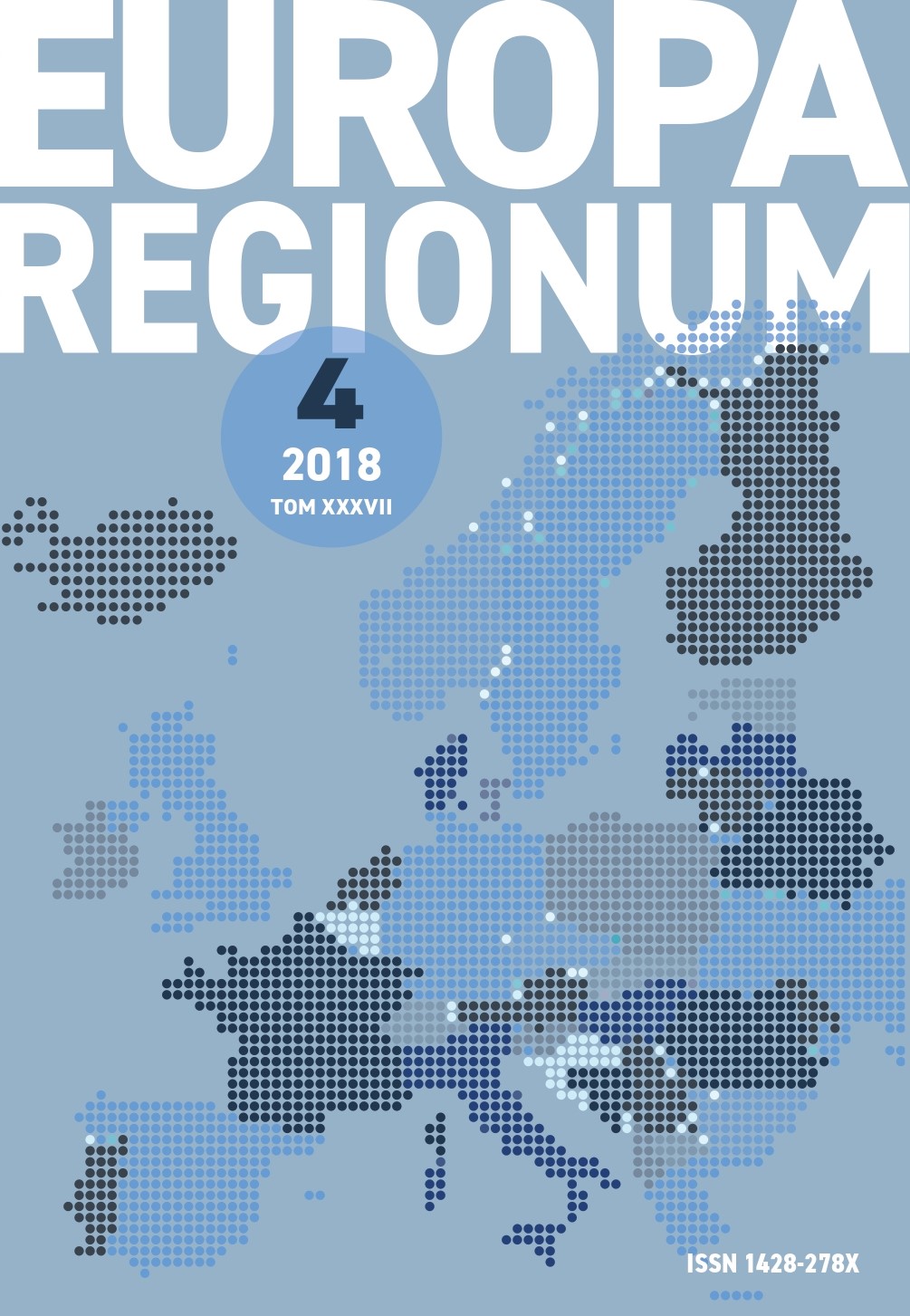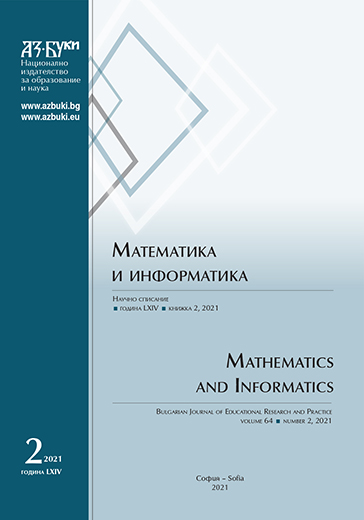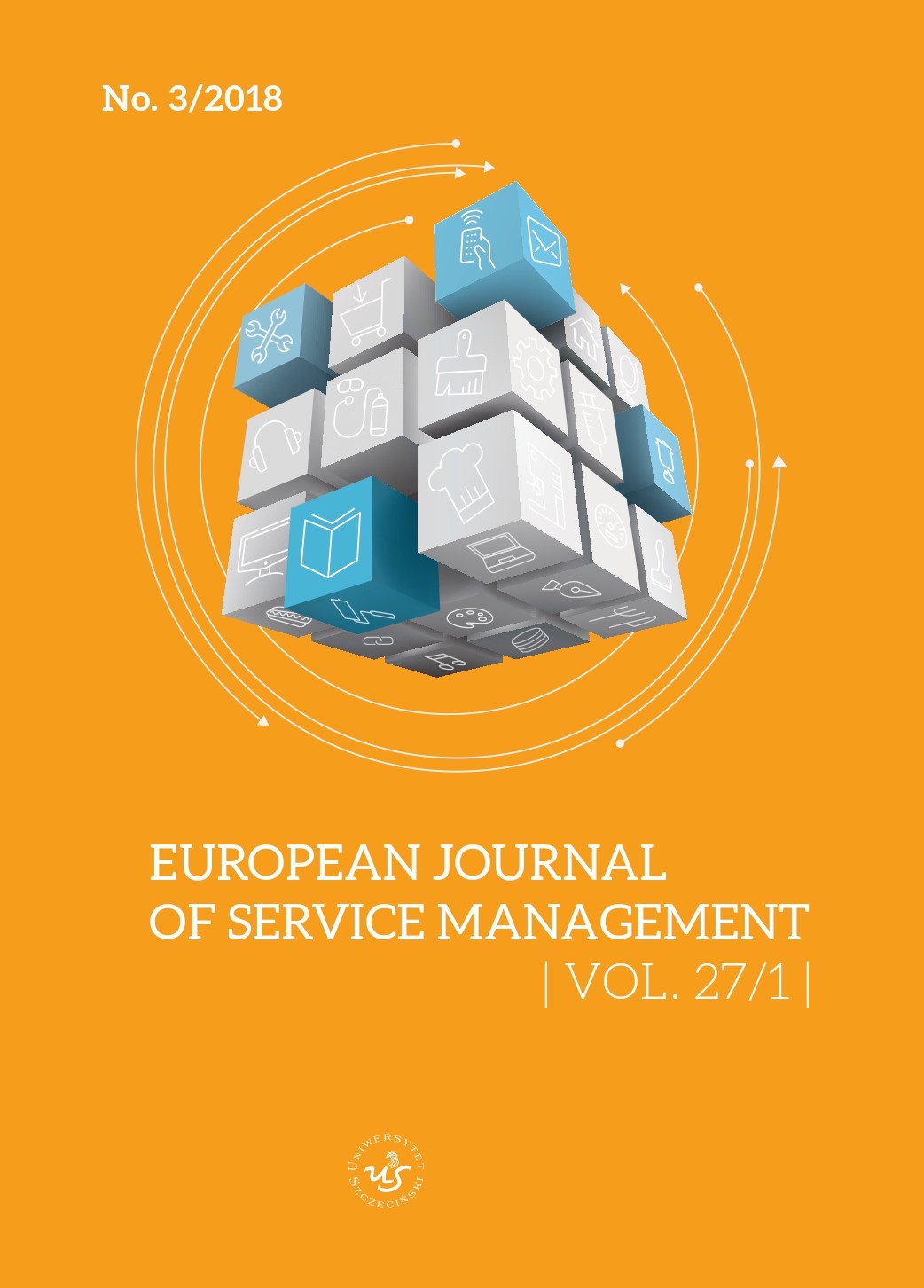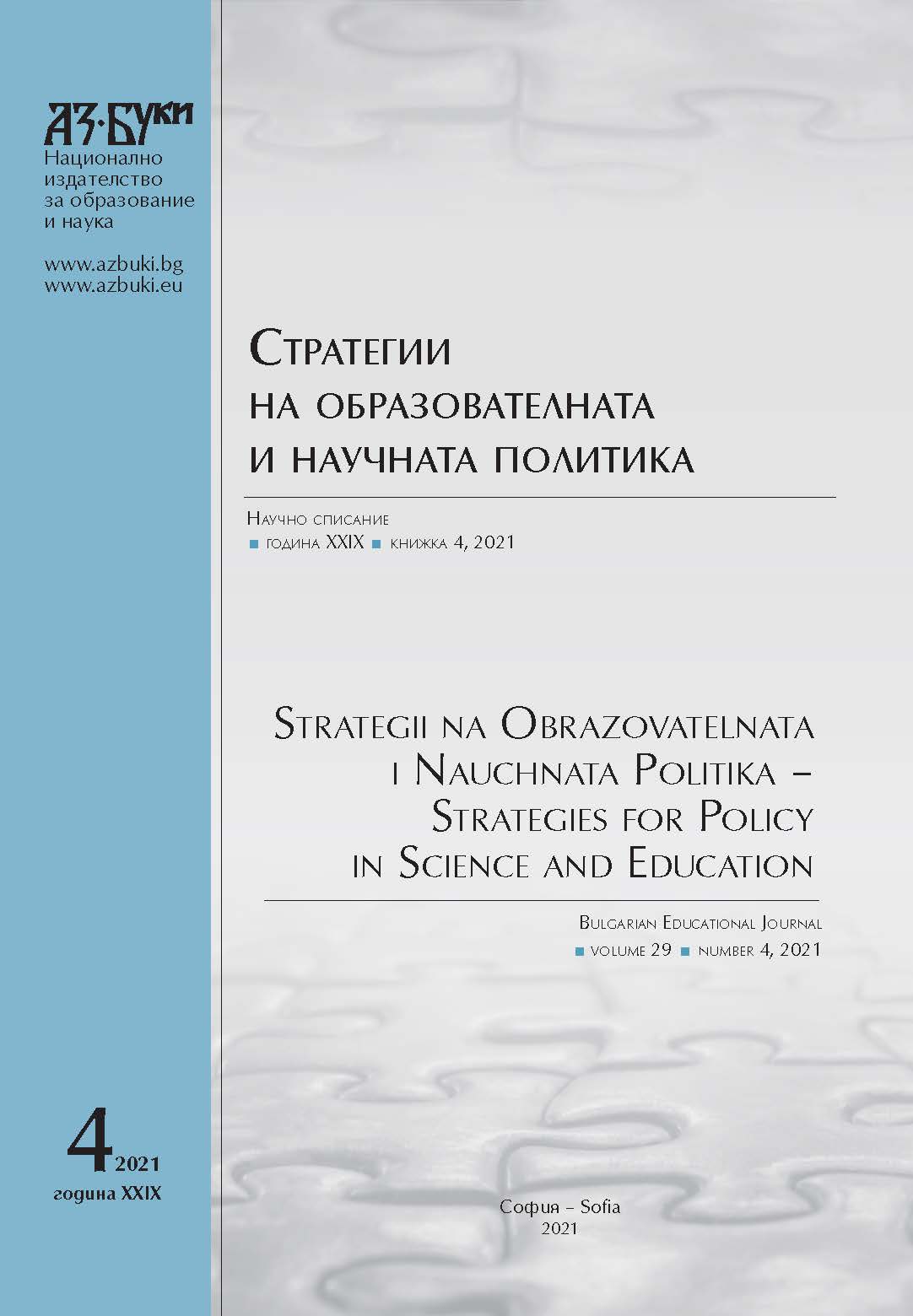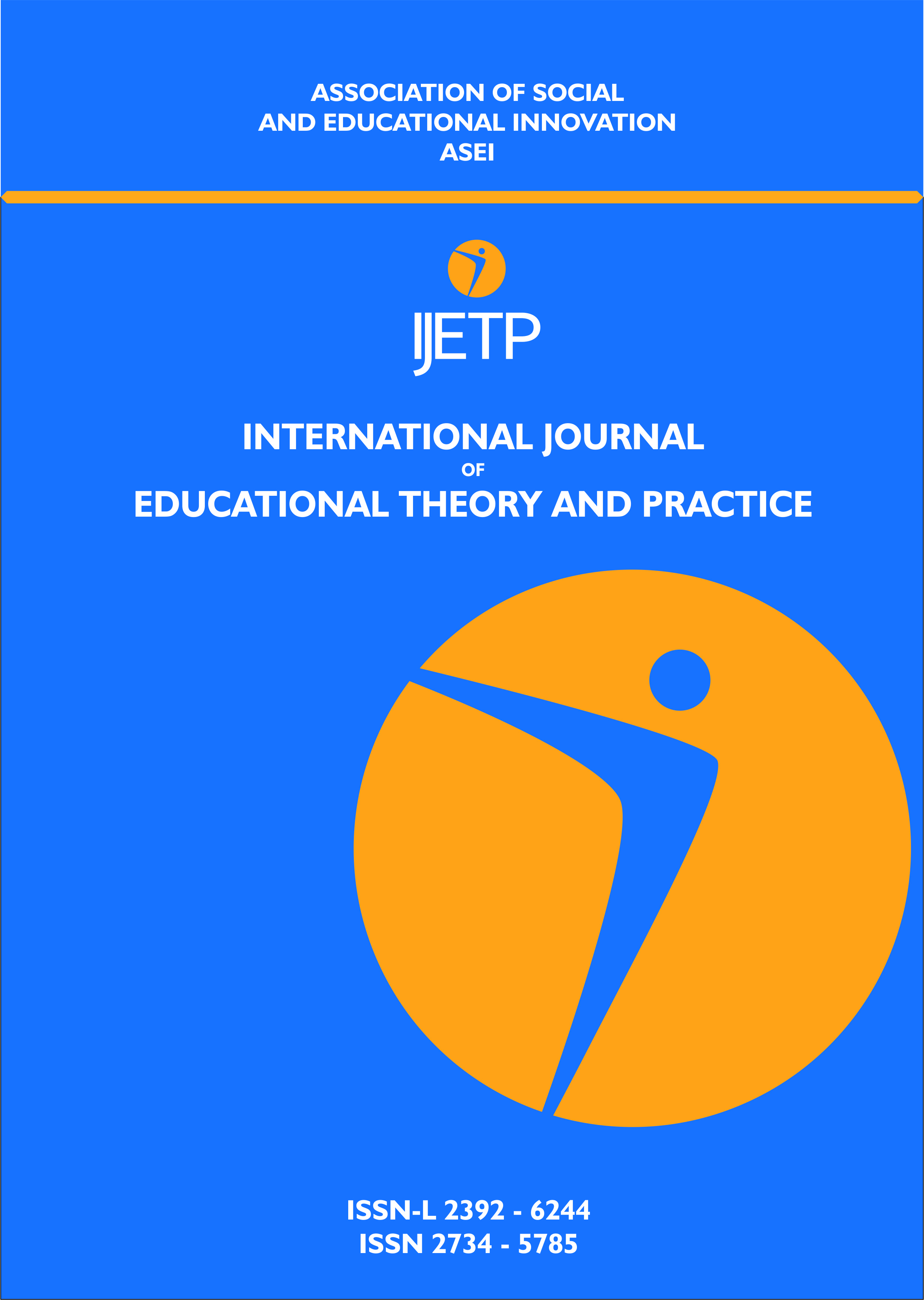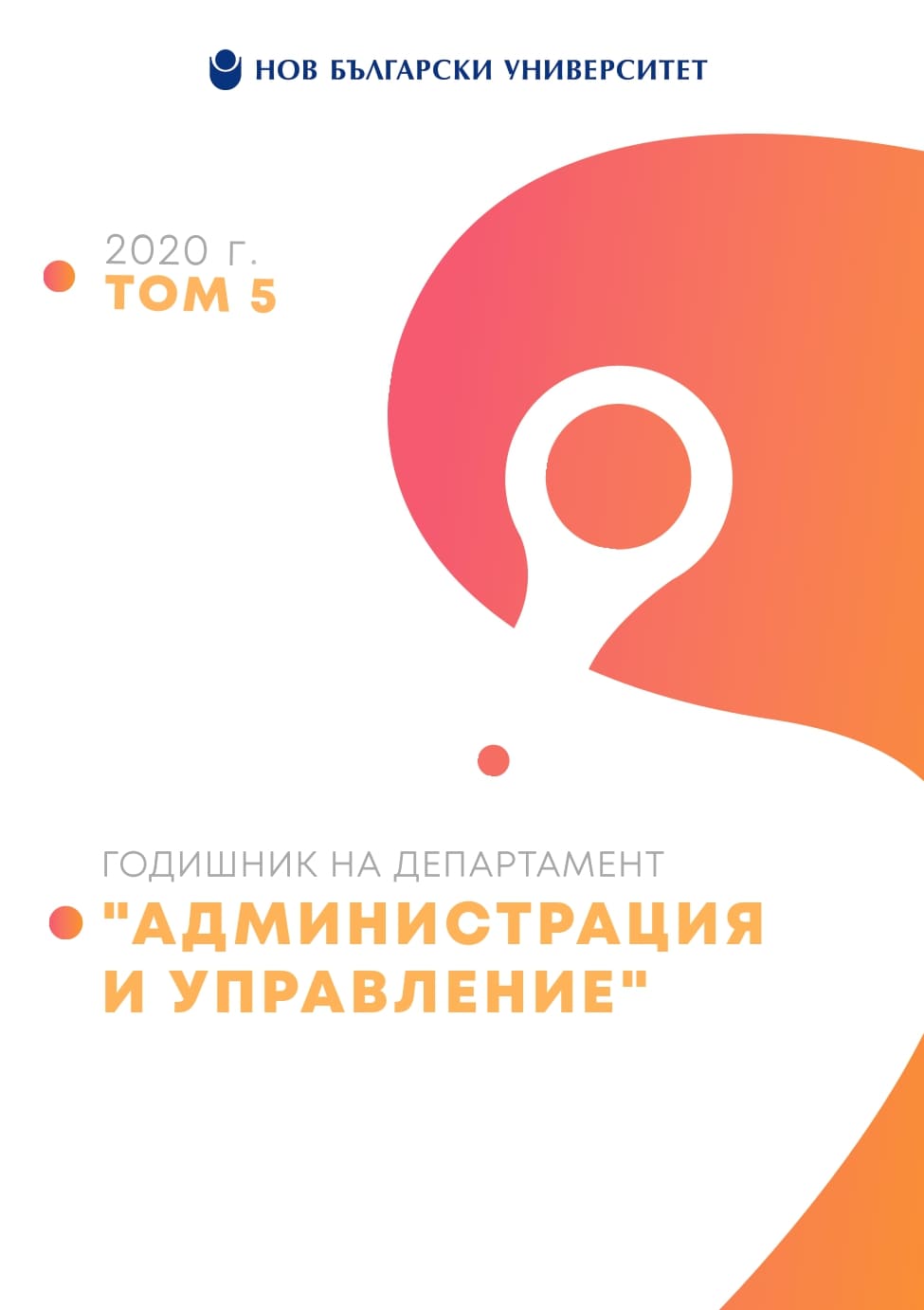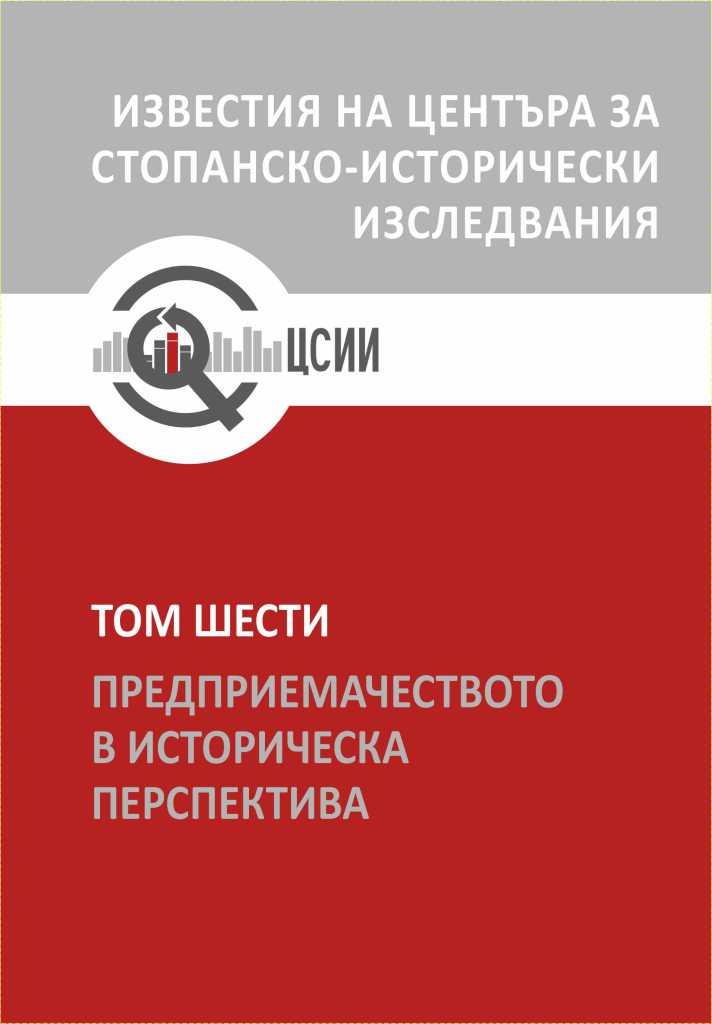Pomoc mieszkaniowa w Niemczech
The paper discusses the budgetary support to the people of Germany, designed to housing maintenance. The author describes rules for granting households. The formation of this assistance for 20 years after the unification of the FRG and the GDR is the main theme of the article. Also data are presented from the period of existence of two German states, as well as a comparison with the scale of housing grants in Poland.
More...


